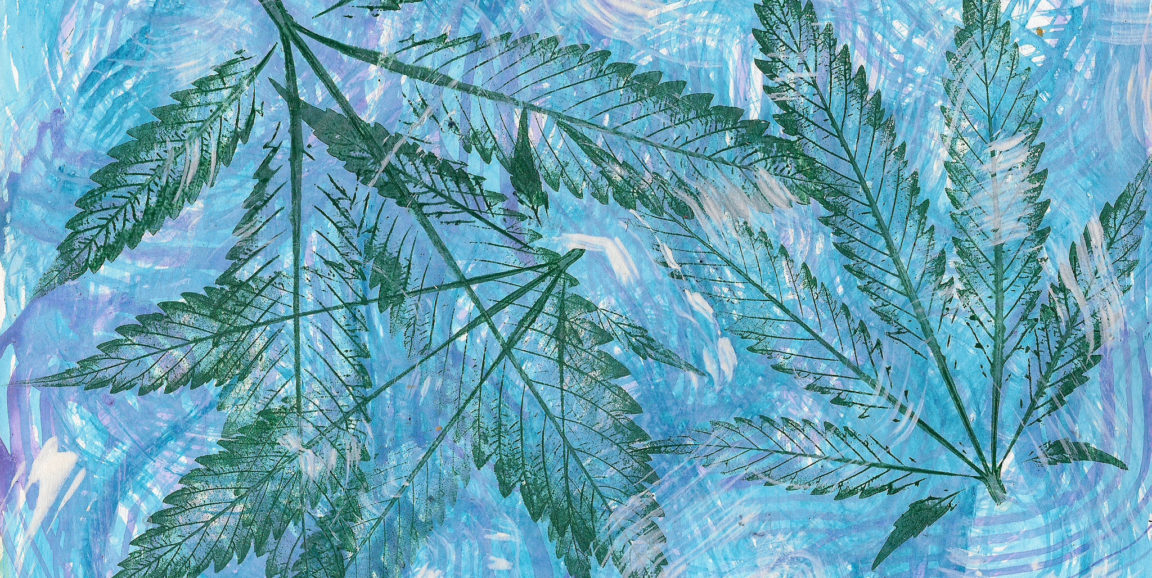Should doctors prescribe medical marijuana to children or teenagers? Last week, that question was the focus of the Pediatric Grand Rounds Annual Housewide Debate, held in a packed auditorium at Lucile Packard Children's Hospital Stanford.
The answer, in most circumstances, is no. There's no scientific evidence to support using marijuana for common complaints, and the products sold in marijuana dispensaries pose considerable risks to children and teens, the debaters told the audience.
But in rare cases, FDA-approved medications that contain cannabinoids -- the active chemicals in marijuana -- are suitable for young patients.
"We, as humans, have used plants ever since we existed," said JoJo Yang, MD, a neurology resident at Stanford. "But giving medical marijuana is kind of like saying to a patient, 'Take this opium poppy and make your own morphine at home.'"
Yang was actually arguing for the use of certain cannabinoid-based drugs in select pediatric patients, such as kids with intractable seizures. This week, the FDA appeared to agree with her position, approving a medication called Epidiolex for children with two rare, hard-to-treat forms of epilepsy. Epidiolex contains cannabidiol, one of the main active compounds in the marijuana plant. Cannabidiol has anti-seizure properties but does not produce the high associated with another predominant marijuana compound, tetrahydrocannabinol (THC).
Two forms of synthetic THC that were FDA approved in the 1980s are helpful for pediatric cancer patients with chemotherapy-induced nausea, Yang noted. And marijuana-based drugs may help some patients whose chronic neuropathic pain doesn't respond to other treatments, though more research is needed on that front, she said.
But seizures, cancer and intractable pain are rare in kids and teens, said Jennifer DeCoste-Lopez, MD, and Aidan Tait, MD, who argued against widespread use of medical marijuana for young patients.
DeCoste-Lopez, a pediatrics resident, and Tait, an anesthesiology resident, noted that there are big differences between using FDA-approved medications and trying the products sold in cannabis dispensaries.
One problem is that products sold in dispensaries lack the quality control of FDA-approved drugs. In one study examining the THC content of dispensary-obtained edible marijuana products, the products' actual THC levels matched their labels only 17 percent of the time. "Brownies, while delicious, are not medicine," Tait said, adding that the amount of the drug in such products may be "a little or a lot or maybe none... these products are not up to the most basic standards we demand from medications to treat our patients."
And there's ample evidence that THC exposure from smoked, vaped or ingested marijuana poses risks to youthful brains. Tait presented data linking early marijuana use to addiction, cognitive impairment, poor educational and job performance, and altered brain development.
In light of all of these risks, as well as the fact that 6 percent of California 12th graders are already smoking marijuana daily on a recreational basis, the physicians are worried about the potential effects of endorsing medical marijuana. DeCoste-Lopez drew a parallel to 1950s-era cigarette ads that featured doctors.
"We risk exacerbating another public health problem for many kids and adolescents," DeCoste-Lopez said. "Marijuana abuse is already a widespread public health problem in adolescents, and it is our responsibility as pediatricians to avoid making it worse."
Photo by Jurassic Blueberries




